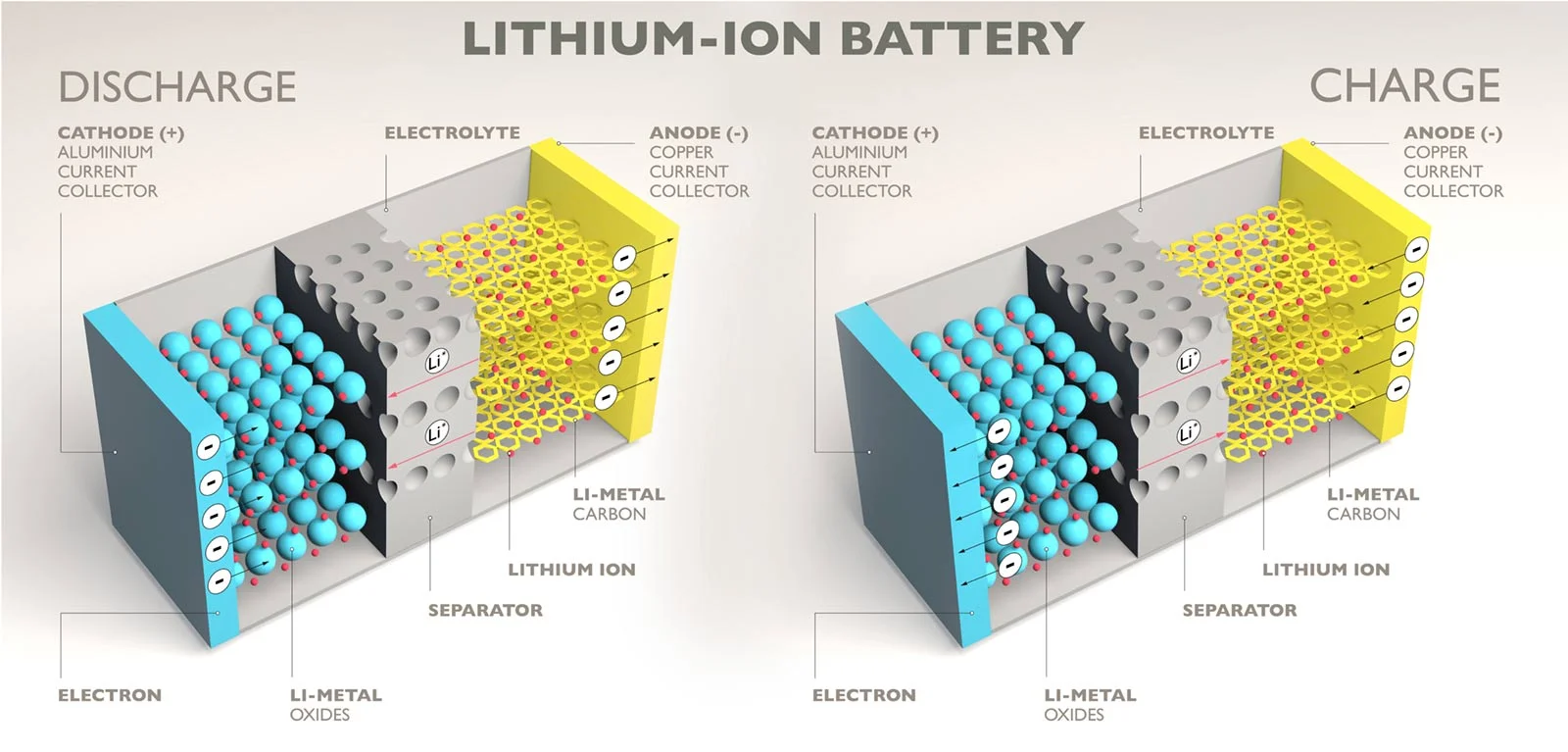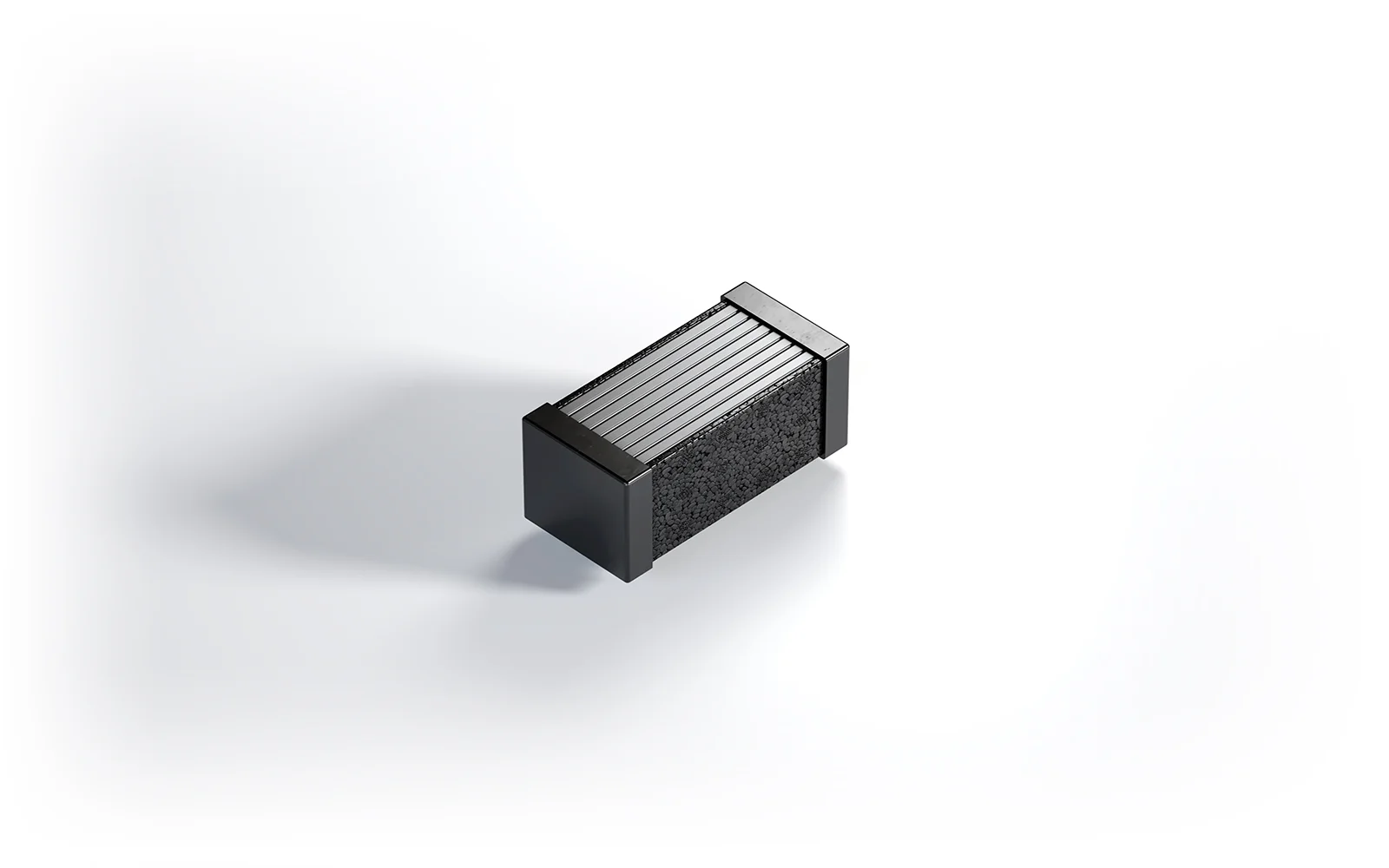Why learn about replacing an electric car’s battery?
Knowing about the cells used in electric cars can make you more comfortable using this type of vehicle. It is worth knowing how to change the battery, and how often, as well as, what the cost of recharging the battery is and what the importance of particular parameters is. Information on battery specifications will be useful when choosing a suitable EV. We invite you to familiarize yourself with our knowledge base on the operation of electric vehicles. Here, we’re discussing issues that are of interest mainly to new owners, having taken into account the questions that are most often asked in the context of ecological zero-emission vehicles. However, this information can also be useful for people who have known about EV for many years. Although electric car market share is constantly growing, they are still quite a novelty.
How do you change a battery in an electric car?
Battery replacement should be done by the service provider recommended by the manufacturer. However, the necessity of such a procedure is extremely rare. Electric car batteries are very durable and rarely get damaged. Most often, problems result from manufacturing defects. In this case, it is probably covered by the warranty. Self-replacement of the battery may result in damage to the vehicle structure.
When should you replace the battery in an electric car?
The lifespan of a cell is affected by many factors – not only daily use, but also, among other things, the climate in a given location. According to manufacturers' recommendations, the battery should be replaced every 5 years. In fact, under normal use, a battery retains most of its properties for a long time, even up to 15-20 years.
How to charge an electric car battery?
An EV battery is charged with a special charger. Most cars offer power supply units that can be plugged into a regular outlet. If the battery is discharged on the road, it is necessary to find a charging station. For best efficiency, do not charge the cell up to 100%. A better choice for battery life is to keep the battery between 20% and 70-80%. Both a full discharge and a 100% charge can cause a faster loss of cell properties.
What is the cost of recharging the battery?
When charging batteries at home, please take into account the tariff of your electricity supplier. Field stations mostly charge a fee for a certain charging time. We can choose from chargers with different throughput, choosing the right parameters according to the size of your vehicle’s battery. Information about battery capacity can be found in the car documentation. It is also worth remembering that, as with fuel, the prices at charging stations can vary depending on the time of day – often the most cost-effective choice can be charging at night.

How much does an EV battery cost?
The price of a new cell depends primarily on the selected car model. Each manufacturer sets individual prices adjusted to the price range of a particular vehicle. Additionally, a fee will have to be paid for battery replacement – it is best to contact the manufacturer in this matter. It is not recommended to use unauthorized services, because a wrongly selected battery may result in insufficient performance and lead to problems with the car.
What is the average weight of a car battery?
This parameter is directly related to battery capacity. Most vehicles available on the market use batteries weighing 200-300 kg. High performance electric cars require more energy, so the weight of the battery increases to almost half a ton.
Battery capacity in kWh – what does it mean?
The maximum battery charge is expressed in kilowatt-hours (kWh). It is a unit of measurement that is often used in the context of power consumption – 1 kWh is the amount of energy needed to operate a device that requires 1,000 watts for 1 hour. The parameter kWh/100 km can be compared to fuel usage in traditional cars. The average value is about 20 kWh/100 km, which in terms of environmental impact corresponds to burning only 0.48 gal (2.2L) of fuel over the same distance.
See also: Car emissions – What should you know about automotive industry and climate change?
Practical comparison of EV battery capacity
Battery capacity alone is not sufficient to estimate the range or performance of an electric vehicle. We must also take into account other parameters, such as power consumption, which depends on the propulsion efficiency and weight of the car.
What does range mean in the case of electric vehicles?
The range determines the number of kilometers a vehicle is able to cover on a single charge. Its value ranges from about 200 to even 600 kilometers. In Europe, this parameter is defined in WLTP tests, which show the actual range under normal vehicle use. However, it is worth taking into account battery consumption and the fact that the range can be shortened, depending on the circumstances, including the temperature and road conditions.
What do you do when the battery in an electric car runs out?
This is another frequently asked question. Many people are afraid of not having access to charging points. We want to reassure you – there are already a lot of them in Europe. However, if the distance to a charging station is too great, we can use roadside assistance, just as you might if a traditional car runs out of fuel.
How can you develop your business towards electromobility?

Operating in the automotive market requires that you are constantly innovating and creating advanced solutions. Cooperation with Knauf Industries will help you overcome your challenges and beat the competition. Thanks to our many years of experience, we are able to create technologies ready for the electric revolution in the automotive sector. We work from scratch, improving the performance of battery cells. We achieve this by providing excellent insulation, top-quality car battery components, refrigeration pipe fittings and separators. In order to ensure appropriate performance in different temperature conditions, we use reliable and fully recyclable materials. Our car battery components are manufactured from expanded materials like EPP.
At Knauf Industries we follow the latest trends and try to build our reputation along with many of the major players in the automotive sector. We welcome any brands which value innovation, ecology and excellent quality solutions to cooperate with us.